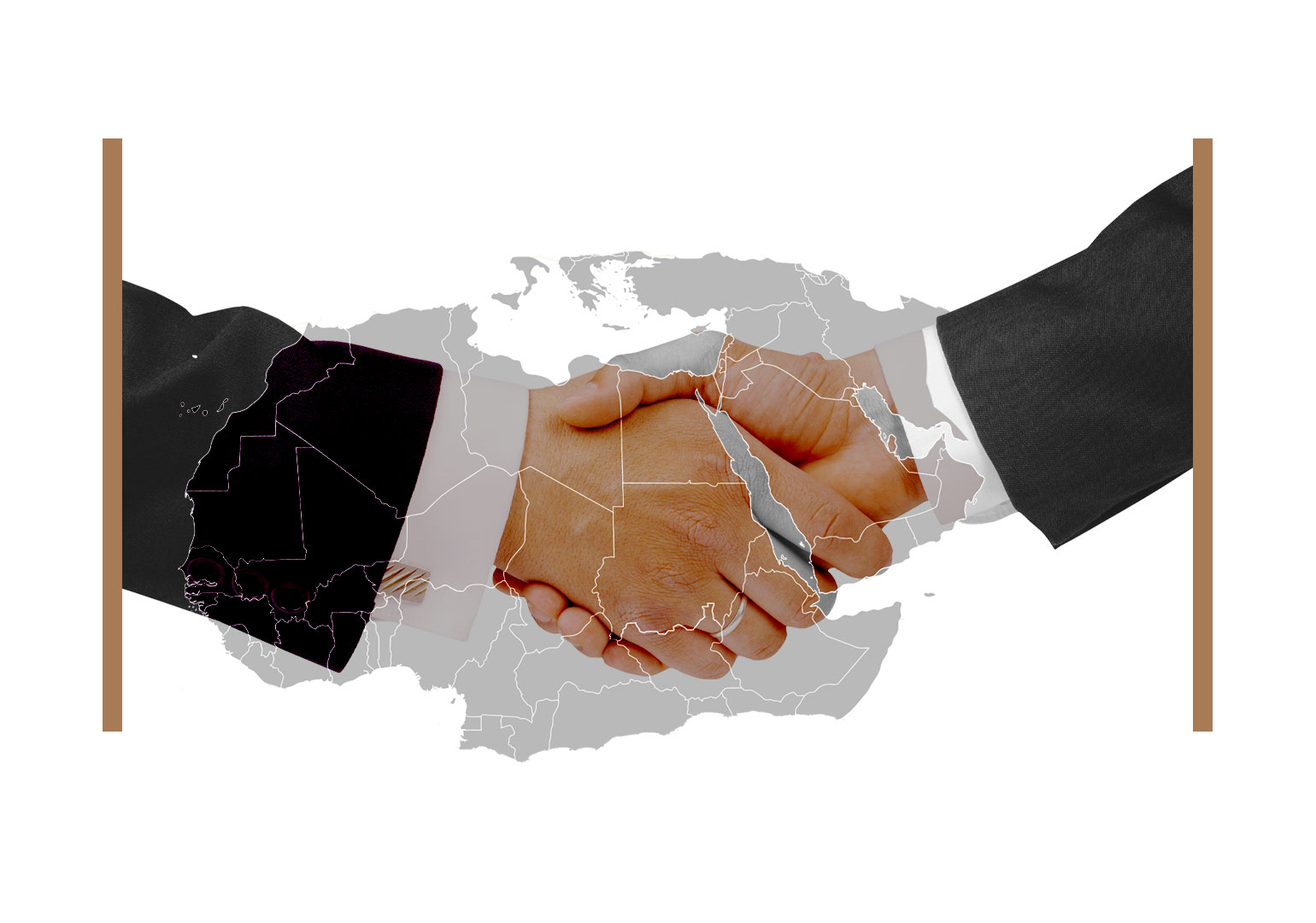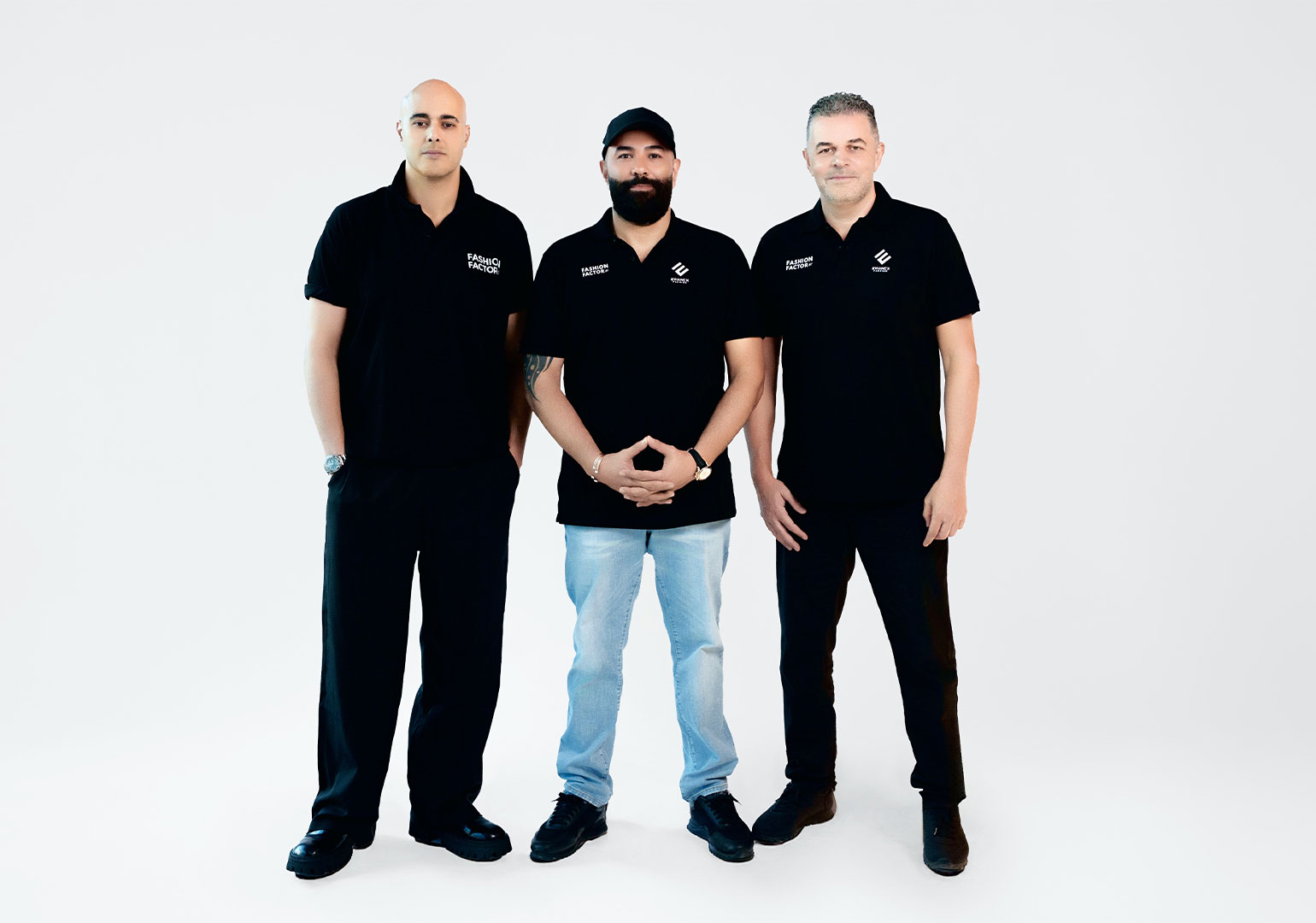The Russian invasion of Ukraine has substantially challenged the European security architecture as well as the EU’s relations with its eastern neighbouring states, particularly the Eastern Partnership policy which has been the framework for relations between the Union and its Eastern European neighbours since 2009. In the meantime, Russia’s military campaign against Ukraine has accelerated discussions of a new policy framework for relations with Ukraine, Moldova and Georgia. The three countries, dubbed the Association Trio, requested EU membership several days after Russian troops entered Ukrainian soil. Now, as pressure is mounting to grant all three countries EU candidate status, the future of the Eastern Partnership policy seems to have become vague as ever.
There are divergent opinions among EU member states and institutions on the future of the Eastern Partnership Initiative. The policy has been under criticism as it had failed to deliver substantial democratic reforms across the Eastern Partnership countries. Many have even called it a “dead initiative” as there have been mixed results from countries with regard to institution-building, good governance, elections, judiciary and anti-corruption measures. With Georgia, Moldova and Ukraine having greater ambitions and progress towards European integration than Armenia, Azerbaijan and Belarus, the programme has substantially failed to coherently deliver envisioned results across all the participating countries.
The Russian invasion in Ukraine has made the revitalisation of the Eastern Partnership has made vital as political events in the region can have direct implications on the EU’s security. In the long term, should authoritarian and corrupt forces come to power with Russia’s support or coercion, the European geopolitical balance will be shifted and democracies will be under threat. That is why now more than ever it is essential that cooperation between the EU and the 6 Eastern Partnership countries is revisited and strengthened.
Membership bids from Ukraine, Georgia and Moldova and their potential candidate status could further undermine the relevance of the Eastern Partnership framework, thus implying the end of the policy altogether. While the decision on the candidate status of Ukraine, Georgia and Moldova will be made by the European Council on June 23-24, it is also time for the EU to decide whether it will upgrade the Eastern Partnership policy as we know it or drop it from the agenda and focus on the potential candidate Association Trio states and their future European integration.
Granting EU candidate status to the Associated Trio countries should be considered compatible with the existing policy framework and the EU should be wary of giving up the entire initiative which has delivered democratic development at least in some countries in its neighbourhood. Envisioning EU candidate states under the Eastern Partnership policy could create incentives that would become attractive for the other three countries – Armenia, Azerbaijan and Belarus. At the same time, keeping the Associated Trio with the other three countries under the same framework would be a positive signal to democratic forces in Azerbaijan and Belarus. The multilateral Eastern Partnership framework could continue offering a mediated space for ongoing dialogue between the EU and civil society and other non-state actors from the region.
Furthermore, by upgrading the current Eastern Partnership policy, the EU could mitigate the risks of democratic backsliding that has been occurring across the countries of its eastern neighbourhood, such as Georgia. On the other hand, by distancing autocratic Azerbaijan and Belarus from the policy, the EU could give up on its soft power and influence in the region. Therefore, opting for a continuous and coherent Eastern Partnership policy would be an opportunity for the EU to be able to continue addressing common challenges that the region faces, and will continue to face, such as corruption, the rule of law, connectivity and climate change.
While the future of the Eastern Partnership has found itself in a limbo of uncertainty, there may be new opportunities for the EU to improve the policy. One way to go could be incentivising sectoral cooperation in transport, energy and other fields. Amid the Russian invasion in Ukraine, the EU needs energy sources, such as Azerbaijan. The EU also needs more engagement in Black Sea connectivity, granting EaP countries more strategic as well as commercial access to Central Asia to balance Russian influence. Supporting more infrastructure and energy projects could create tangible incentives for Azerbaijan and Armenia. By giving certain incentives, the EU could increase its leverage over the two countries. At the same time, Brussels should actively engage in the reconciliation process between Baku and Yerevan.
The EU might start closer cooperation with the Association Trio countries that can soon obtain candidate status. Despite that, these three countries can be part of the Eastern Partnership policy along with Armenia, Azerbaijan and Belarus. The policy could be reshaped as a EU+3+3 format, which would encompass all of the Eastern Partnership countries for the sake of inclusiveness, with the EU incentives firmly attached to the countries’ commitments to democratic reforms. At the same time, the EU should transform its ‘one size fits all’ approach to Eastern Partnership states by adopting sustainable country-specific policies that will be in compliance with national aspirations and necessities. The modern vision of engagement could create new mechanisms for the EU to lever deepened cooperation and new incentives to keep Eastern Partnership states in its democratic orbit. Showing weakness could be a costly strategic mistake the EU cannot afford.
















